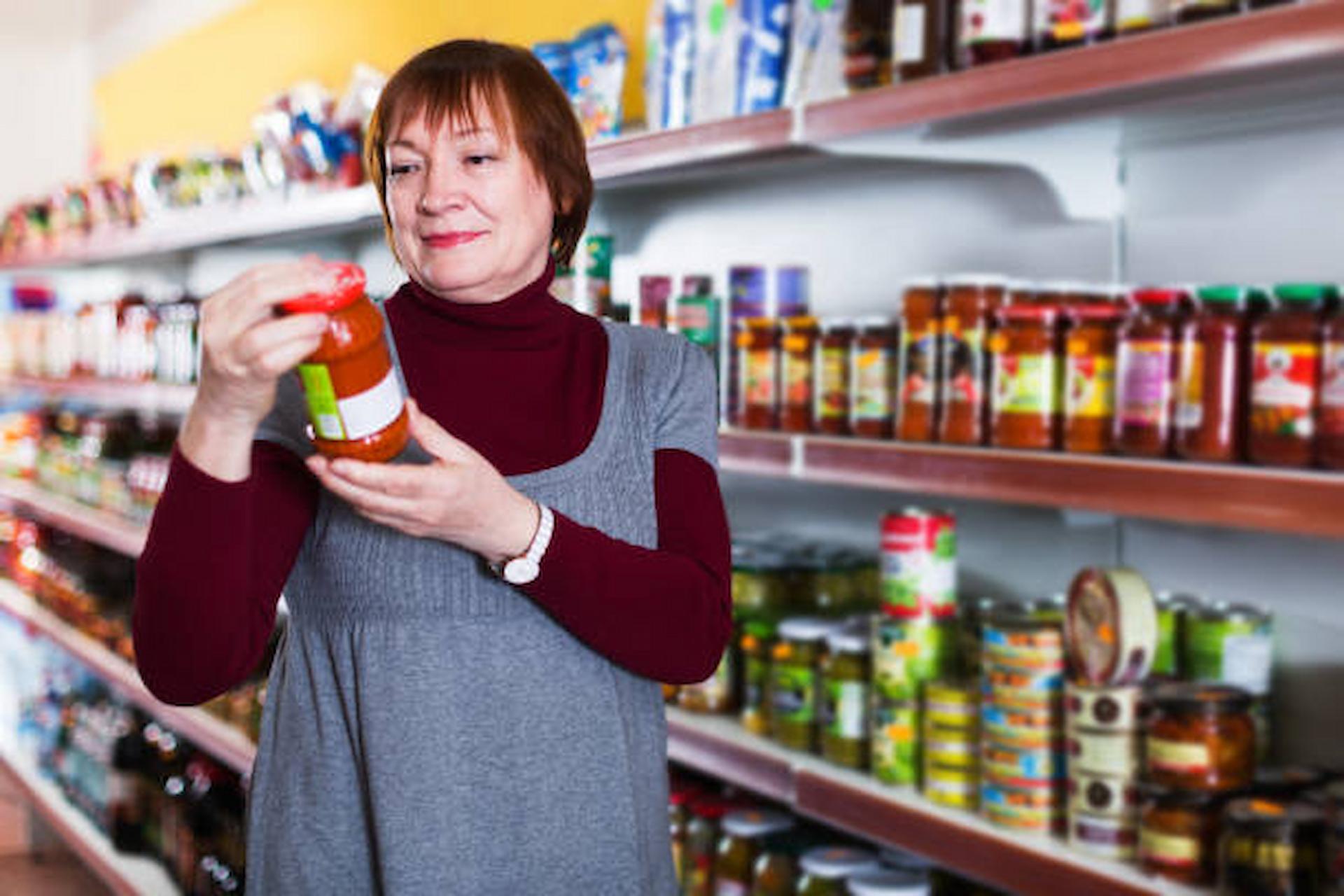
Eco-friendly labels reduce automotive carbon footprints, which in turn reduces pollution. They are becoming more and more well-liked among consumers and are sustainable, biodegradable, and recyclable. Eco-friendly stickers are created from recyclable or compostable sustainable materials rather than single-use ones.
Despite the fact that many hot sauce bottle labels are green. It makes use of manufacturing methods that utilize less energy and have less of an adverse environmental impact.
In order to lessen the carbon footprint of the company that produces them, eco-friendly labels are often made with eco-friendly materials in today’s time.
What Are The Benefits Of Eco-Friendly Labelling For The Environment?
Consumers learn more about a product’s advantages, and businesses are encouraged to develop and market eco-friendly items. Customers learn about a product’s advantages and are persuaded to purchase goods from a certain manufacturer of eco-labelled goods.
It aids in enhancing a certain brand’s reputation. The reputation of many hot sauce bottle labels is also good. surveillance of environmental claims swaying customer preferences to favour ecologically friendly items. economic efficiency is encouraged while adhering to predetermined norms. Green labelling, sometimes referred to as eco-friendly labelling, is a significant endeavour to address the issue of environmental deterioration and encourages more nations and areas to begin the Towards environmental protection through sustainable development.
Eco-Friendly Labelling: Why Going Green Is Good For Business In Europe?
The EU Ecolabel promotes goods that have a low environmental impact throughout their entire life cycle, from the extraction of raw materials to manufacturing and packaging, usage, and finally disposal or recycling. This helps put Europe’s economy on a more resource-efficient path.
Go green and stay happy.
Eco-Friendly Labels Are More Satisfying!
In general, conventional (or more ecologically hazardous) items are seen more negatively and given lower ratings than their environmentally friendly and organic counterparts. Paper labels are not more environmentally friendly than plastic labels just because paper is a “natural” substance.
Rapid deforestation threatens the survival of many species and contributes to global warming. Up to 40% of all industrial wood sold worldwide is consumed by the pulp and paper sector.
Today’s consumers prefer to purchase more ecologically friendly items as long as they are appropriately certified by an independent agency since they are more aware of the environment and its impact on it. Your product is recognised as one of the market’s top environmental performers when you use the EU Ecolabel. If you are not convinced that your company should take on socio-environmental responsibilities, you might be more open to the advantages of a green mindset with resource efficiency methods, green products and services, and a circular economy. Make your labels eco-friendly and stay healthy!






